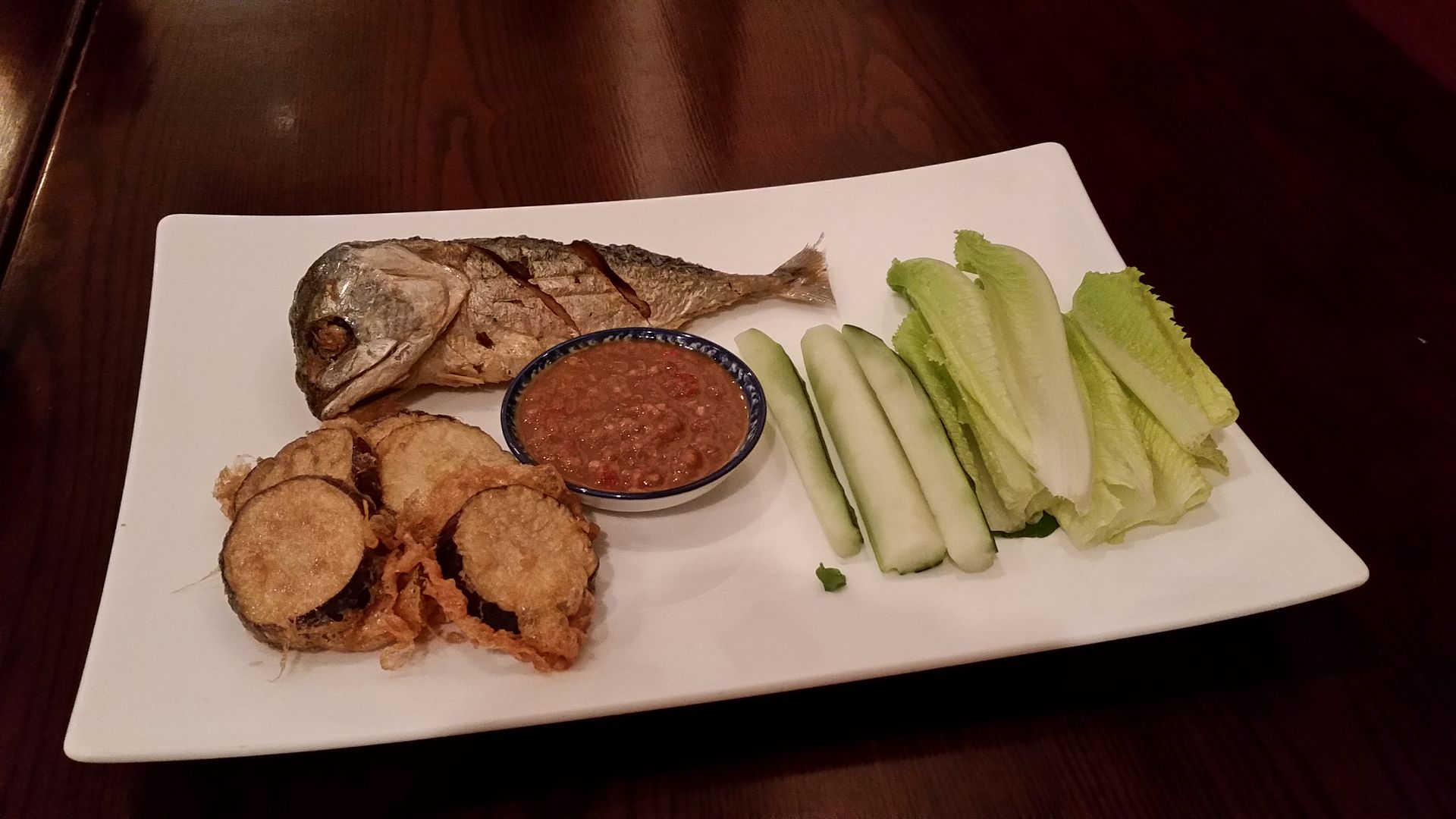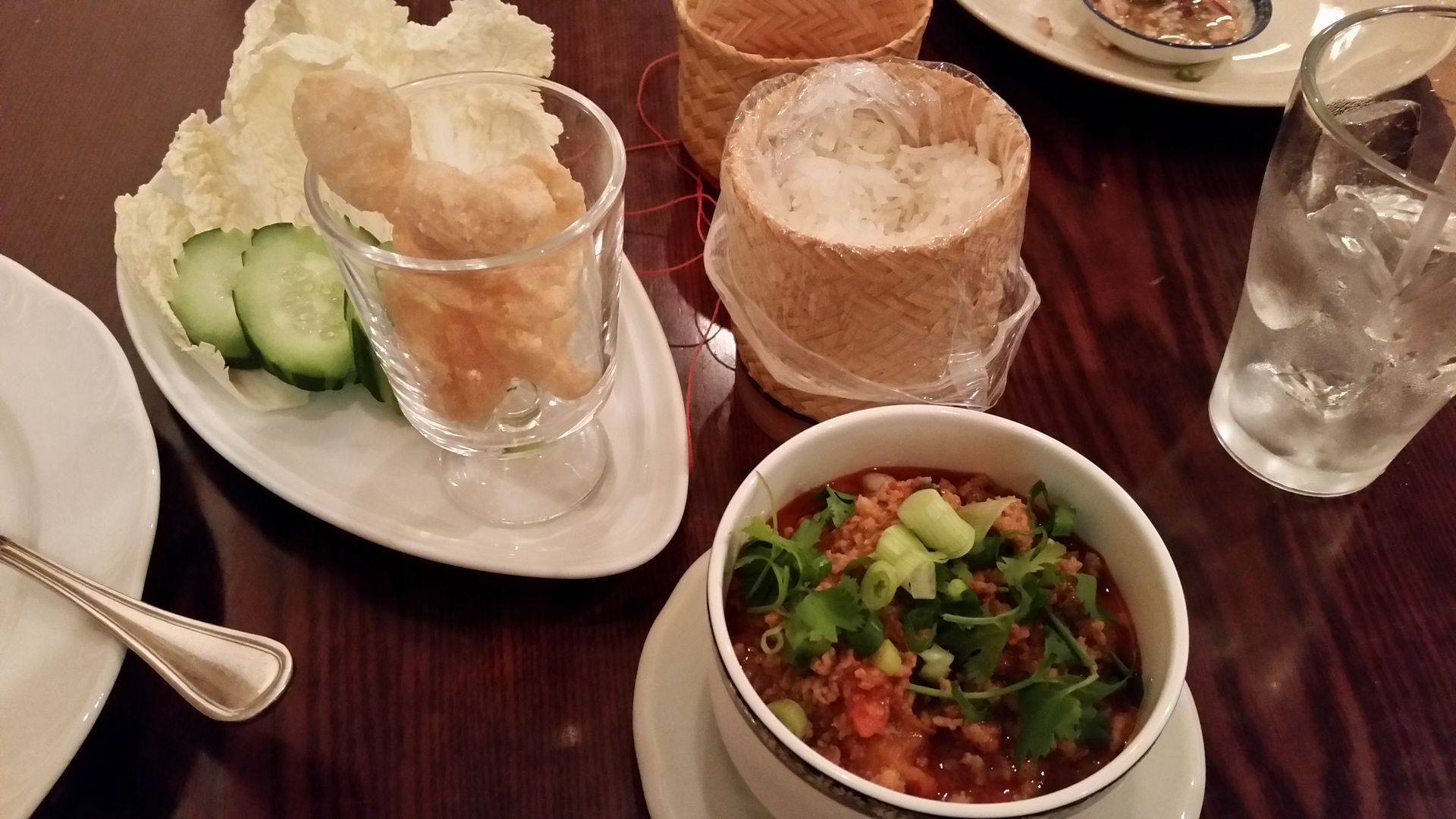Priceline was a brilliant innovation because of the combination of price discrimination and spoiling inventory.
Travel providers have seats on flights or hotel rooms that can be expensive, but once a plane takes off with an empty seat or a night passes with an empty room the asset generates absolutely nothing for them. The inventory ‘spoils’ like expiring milk.
As expiration approaches, they’d be willing to sell that asset for almost any money at all because it’s more than they’ll get for it if someone uses the room night or seat. But they don’t want to sell it for less to someone who would have paid more.
That’s why Priceline:
- Didn’t let the user specify the exact airline or hotel
- Didn’t let travelers pick their flight times or connections
Someone who would have chosen a specific travel provider anyway isn’t going to do this. So it’s not likely trading off with the business any given carrier would have gotten or any given hotel.
And someone looking for convenience would still, in theory, make the booking they’d otherwise book. Of course, if there’s enough savings that person might trade off their convenience so there’s still some revenue leakage at the margin.
Of course airlines, hotels, and even rental cars aren’t the only businesses that want to price discriminate and pick up additional sales without trading off with their existing higher-priced sales. Priceline briefly dabbled with mortgages, gas an groceries. I interviewed Priceline’s founder Jay Walker earlier this year. He has a new travel startup to monetize your flexibility.
Another industry where the model makes potential sense is restaurants.

Reservations are spoiling inventory. And perhaps two-thirds of a restaurant’s costs are fixed on any given night such as rent and labor. Food is a variable cost, and it doesn’t usually spoil after just one night, but it too does spoil. I’m surprised we haven’t seen “Priceline for restaurants” where perhaps you can pick a food genre and location but not a specific restaurant. You prepay to be assigned a place to eat and a time, and in exchange a restaurant meal at 40% off.
One new app is going about addressing literally spoiling restaurant inventory in a different way. The Food for All app will give you access to restaurant leftovers at 50%-80% off. (HT: Marginal Revolution)
Leftovers in this case aren’t what customers leave on their plates, but extra food that’s been cooked or could be cooked with ingredients that won’t last.
Food for All currently has a working prototype, which was self-funded, and it’s piloting the app among more than 30 restaurants throughout Cambridge and Boston. Through a Kickstarter campaign, the venture hopes to raise $50,000 to roll out its final product next summer in both Boston and New York.
Prices start at $25 for 4 meals. The app gives you a general idea of available meals (e.g. “pizza” but not “pepperoni”). They need to price discriminate here and customers will still pay full price to eat exactly what they wish.

Some restaurants donate leftovers to food kitchens for the poor. More probably should. So there could be some moral tradeoffs to this app. But many restaurants don’t do this because of regulatory risk. It’s tough to transport food in a compliant way, for instance. But here there aren’t transport issues. And this would reduce waste.


I’m using MealPal in the DC area, its not excess food, but it requires you to reserve your lunch before 9:30 am each day for a specific pickup time. It allows the restaurants to have a known demand of food which they can plan into their daily preparation.
Lunch is from something like $5.xx to $7 depending on how many meals you get per month (prepay, all lunches are same price). That’s a good price because most lunches in fast casual type places are over $10. But on the flip side the restaurants get my business where previously I didn’t go to as many of them.
When I started in this industry in the late 50’s, I always called airlines seats and hotel beds the most perishable product. Unlike a tomato for 50cents today, and 25 cents tomorrow, once that seat/room is left unoccupied it’s a loss.
I can imagine lots of cases of explosive Diarrhea coming out of this business model.